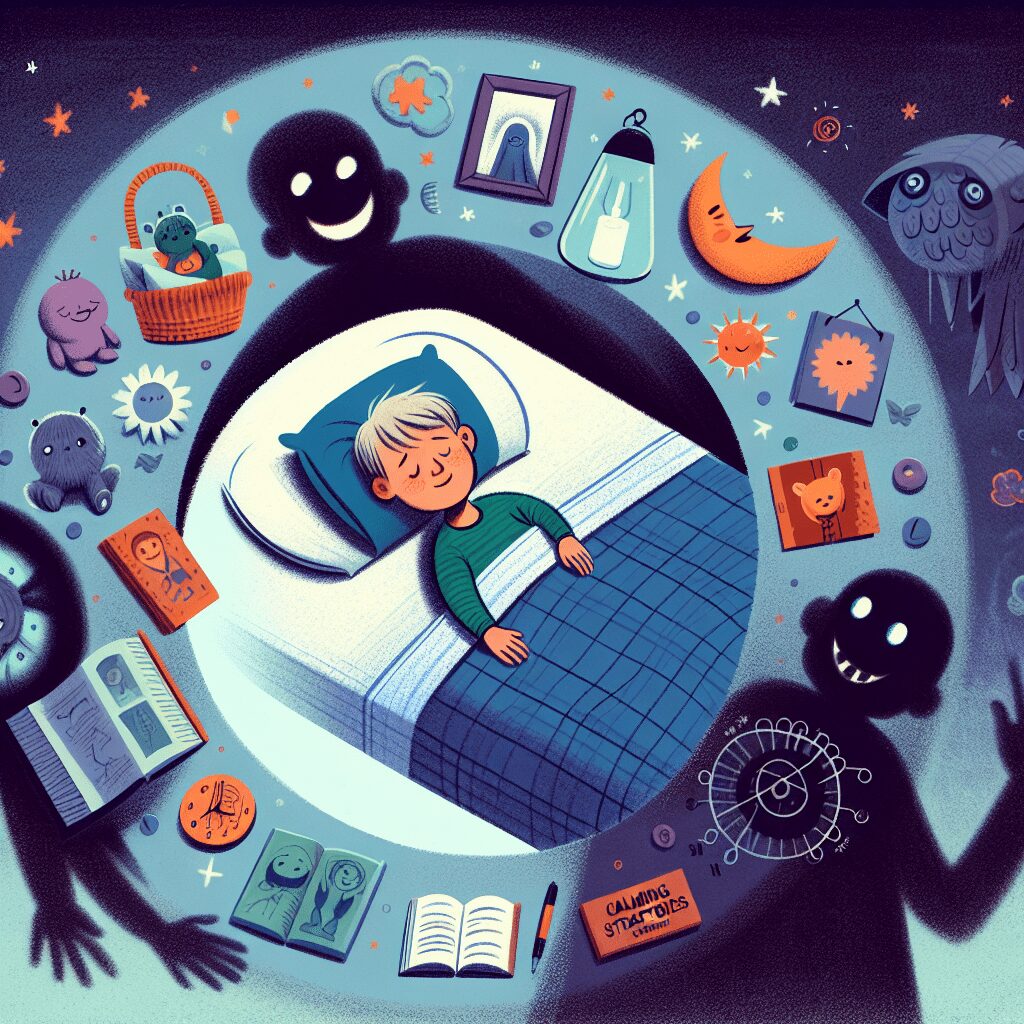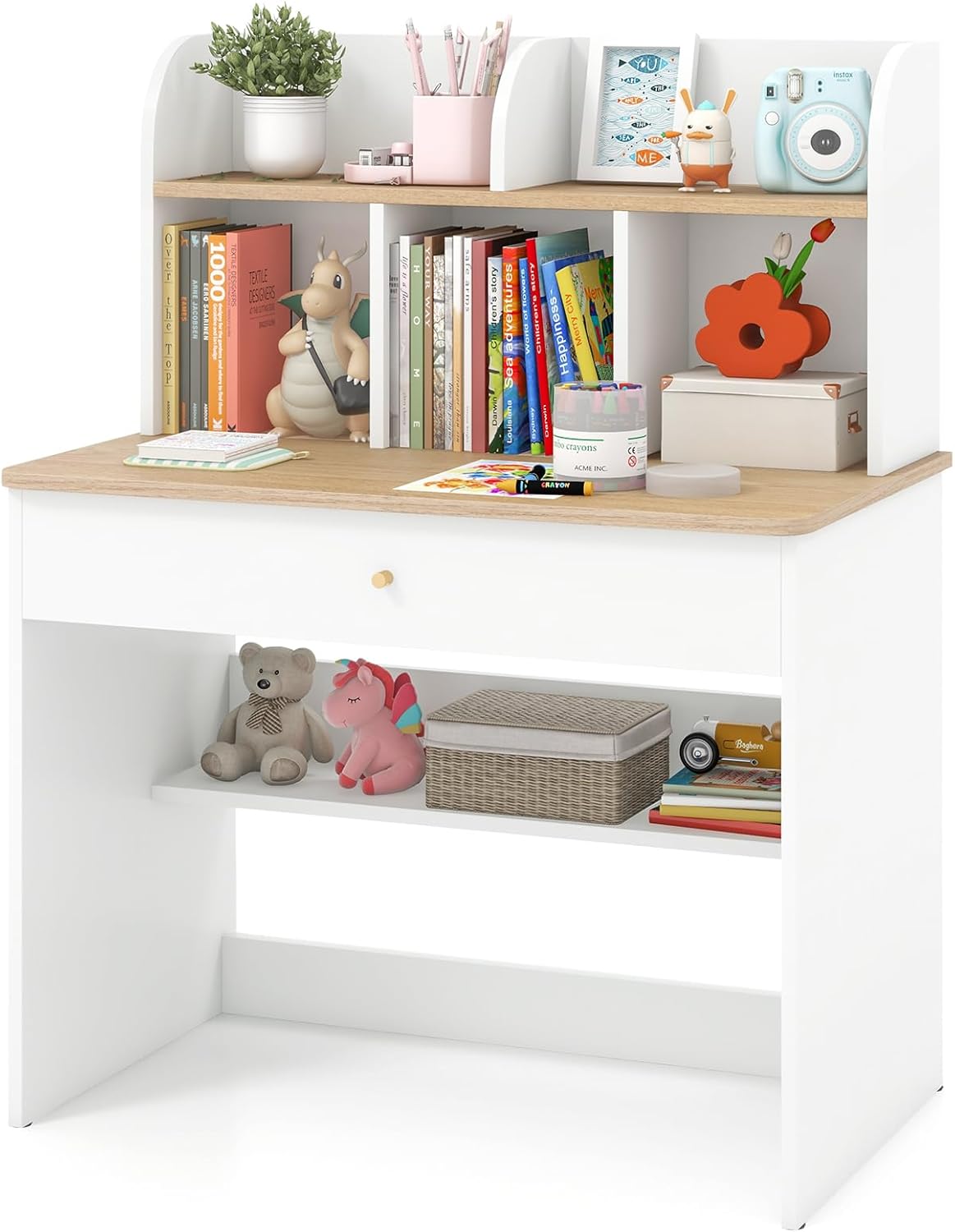Rest Assured: Strategies to Help Your Child Combat Sleep Issues Linked to Anxiety and Depression
Sleep issues are common among children facing anxiety and depression. As a parent, witnessing your child struggle to find rest can be truly heartbreaking. Most parents want to provide comfort, guidance, and support during challenging times. This article outlines actionable strategies to navigate sleep problems effectively while fostering mental well-being.
Overview
Restlessness during sleep can often stem from emotional distress. Children grappling with anxiety may find it hard to unwind, worrying about what’s ahead. Depression can lead to feelings of hopelessness, making sleep elusive. Understanding these relationships helps a parent approach the situation gently and effectively. Recognizing sleep issues linked to emotional struggles is a vital step in helping children reclaim their peaceful rest.
Why Sleep Matters
Quality sleep is essential for a child’s development. During sleep, the brain processes emotions and consolidates memories. Insufficient or interrupted sleep can exacerbate feelings of anxiety and depression. Children require restorative sleep to recharge physically and mentally. With healthy sleep habits, children can learn, grow, and engage positively with the world around them.
Who Is Affected?
Children of all ages can experience sleep issues due to anxiety and depression. Preschoolers may struggle with nighttime fears, while school-aged children might become overwhelmed with academic pressures. Adolescents, facing social challenges and identity questions, are also particularly vulnerable. Understanding that these issues can affect any child helps normalize the experience, offering comfort in shared struggles.
What Is Causing Sleep Issues?
To tackle sleep problems, it’s crucial to identify the underlying causes. Factors may include:
- Daily Stressors: School issues, social dynamics, or family changes.
- Emotional Distress: Persistent worry or sadness impacting mental health.
- Physical Environment: Uncomfortable sleeping conditions, such as noise or lighting.
- Inconsistent Routines: Erratic sleep schedules can disrupt the body’s natural clock.
- Screen Time: Excessive use of devices before bed inhibiting relaxation.
- Caffeine Intake: Consumption of caffeinated beverages, especially in the afternoon.
- Lack of Physical Activity: Insufficient exercise leading to pent-up energy.
- Nightmares: Frightening dreams disturbing restful sleep.
- Sleep Disorders: Conditions like insomnia or sleep apnea.
- Medication Effects: Some medicines may interfere with sleep patterns.
Who Will Use These Strategies?
Parents and caregivers are the primary users of these strategies, equipped with the love and knowledge to support their children. Mental health professionals can also provide guidance and additional resources. Collaborating with educators may enhance understanding within the child’s broader support network, fostering a holistic approach to wellness.
Where to Start
Creating a calm, safe sleep environment is foundational. Here are some steps to guide the initial interventions:
- Designate a quiet, clutter-free sleep area.
- Maintain a cool, comfortable room temperature.
- Use nightlights if darkness causes fear.
- Introduce calming scents, like lavender, to promote relaxation.
- Limit noise through soft music or white noise machines.
When to Seek Help
When sleep issues become persistent and significantly impact daily functioning, professional help may be necessary. Look for behaviors such as extreme fatigue, trouble concentrating, or withdrawing from activities they once enjoyed. Open communication with mental health professionals can allow your child to receive the support they need.
How to Use These Strategies
Implementing helpful strategies involves consistent effort and reassurance. Here are suggestions:
- Establish Routine: Create a sleep schedule including calming bedtime rituals.
- Encourage Journaling: Have your child write their thoughts before bed to relieve anxiety.
- Practice Relaxation Techniques: Introduce deep breathing or meditation to ease tension.
- Limit Screen Time: Encourage devices to be put away at least an hour before bedtime.
- Engage in Physical Activity: Participate in outdoor play or exercise to foster fatigue.
- Promote Healthy Eating: Focus on balanced meals; avoid sugary snacks before bed.
- Explore Sleep Aids: Consider children’s books with positive bedtime stories or guided meditation apps.
- Create a Reward System: Reward the use of good sleep habits with a fun family activity.
- Encourage Open Conversation: Foster a welcoming environment for discussing feelings.
- Seek Professional Guidance: Consult a therapist specializing in childhood anxiety or depression.
Pros and Cons of Sleep Strategies
Understanding the benefits and limitations can help refine your approach.
Pros:
- Helps establish healthy sleep patterns.
- Reduces anxiety and promotes emotional regulation.
- Fosters open family communication.
Cons:
- Requires consistency and dedication from caregivers.
- Some strategies may take time to show results.
- Families might face challenges in implementing routines.
Similar Products
Numerous tools and resources can enhance the sleep experience for children:
- Sleep Meditation Apps: Guided sessions focused on relaxation.
- Nighttime Storybooks: Books that promote positive themes before bed.
- Essential Oils: Aromatherapy diffusers for calming scents.
- Weighted Blankets: To provide comfort and a sense of security.
- Sleep Journals: Tools for tracking emotions and sleep patterns.
Parents’ Perspectives
Many parents have found success by embracing various approaches to improve their children’s sleep. Some strategies shared include:
- A mother noted that creating a bedtime story routine helped her child relax and eventually sleep better.
- A father embraced nightly meditation with his child, noting significant improvements in anxiety levels.
- Caregivers appreciate using sleep journals as a supportive outlet for their child’s feelings.
These perspectives emphasize the importance of persistence and love during challenging times.
FAQs
What should I do if my child resists going to bed?
Encourage a calming routine that includes relaxing activities, such as reading together or gentle stretching.
How can I reduce my child’s anxiety before sleep?
Practice deep breathing exercises or mindfulness techniques to ease fears.
Is screen time really impacting sleep?
Yes, blue light from screens can hinder the body’s natural sleep signals. Limiting screen time before bed is recommended.
When should I get professional help for my child’s sleep issues?
Consider seeking help if sleep problems continue for several weeks and affect your child’s daily activities.
What if my child experiences nightmares frequently?
Talk to your child about their feelings and create a comforting bedtime environment. If nightmares persist, consult with a professional.
Disclaimer: As an Amazon Associate, I earn from qualifying purchases. I may earn a commission from qualifying purchases as an affiliate. Please note that I only recommend products I believe will provide value to my readers.









